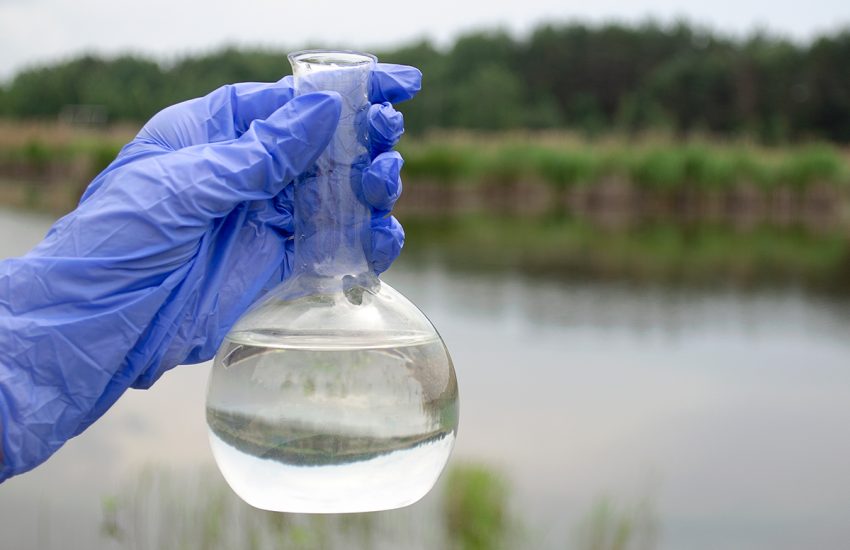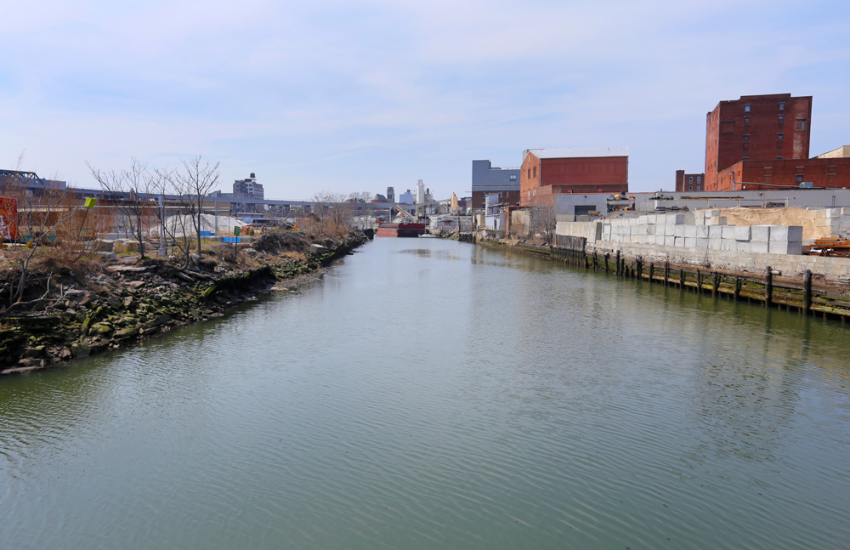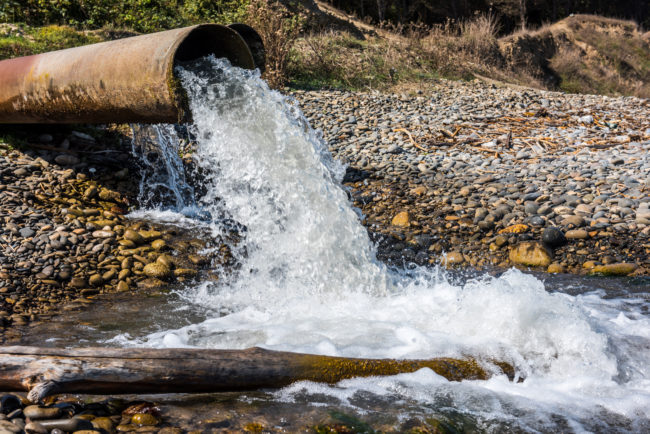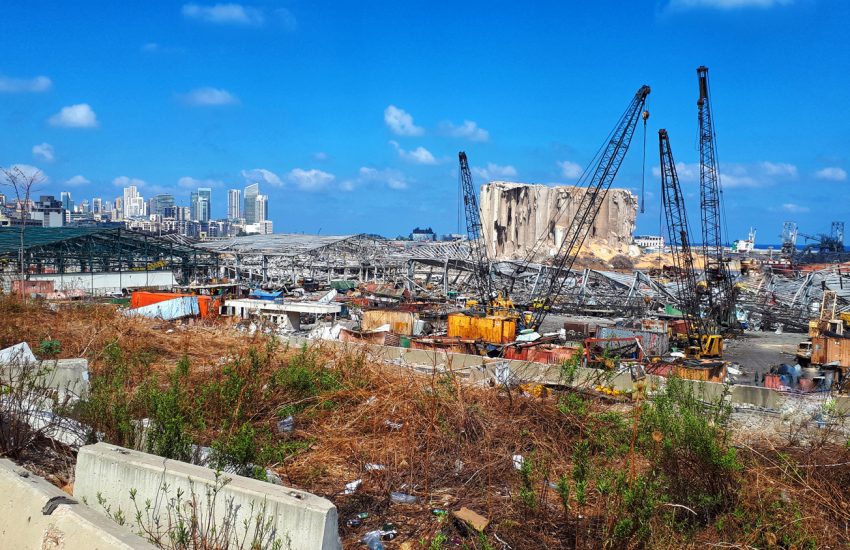On October 2, 2020, Massachusetts became the latest state or commonwealth to promulgate stricter water quality regulations for per- and polyfluoroalkyl substances (PFAS). The Massachusetts Department of Environmental Protection issued a new standard of 20 parts per trillion (ppt), which is more than three times lower than the present federal standard of 70 ppt (i.e., for the sum of PFOA and PFOS). MA’s new standard is more expansive as it covers the sum of six PFAS chemicals: the well-known PFOA and PFOS, and …
Continue Reading








